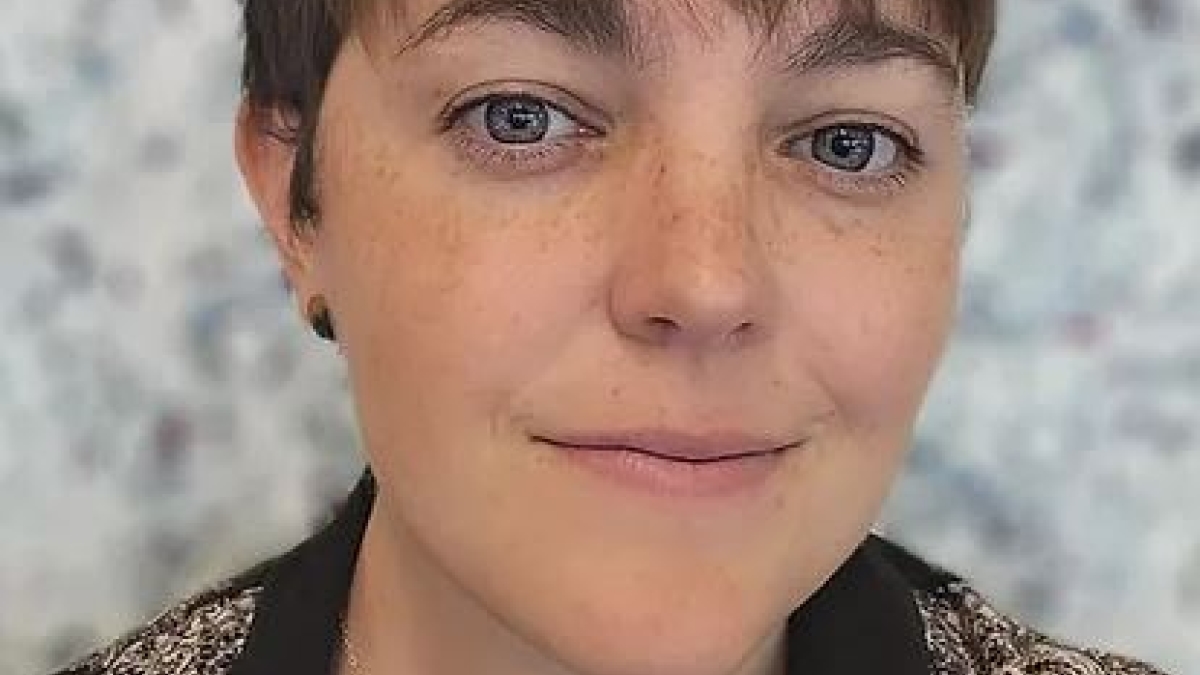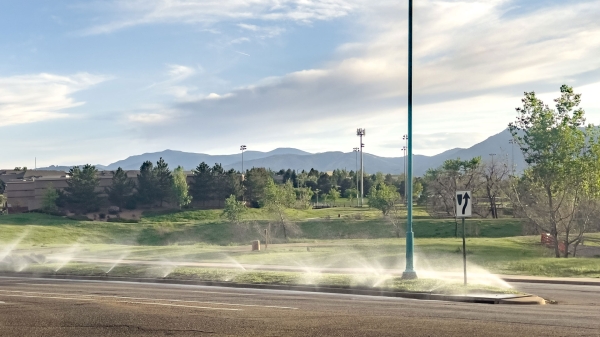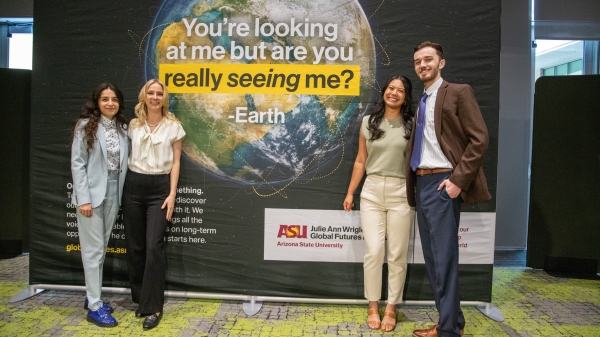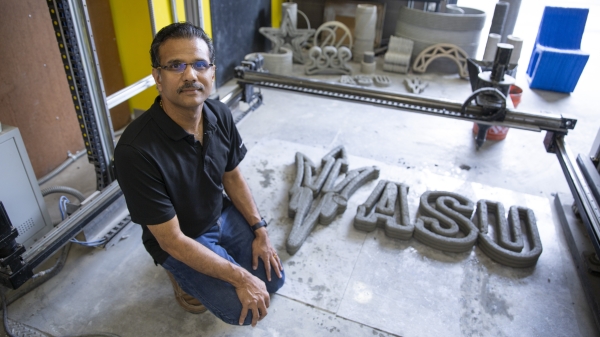New American Indian Studies faculty member brings tribal climate resilience to forefront

ASU Assistant Professor Liliana Caughman
The American Indian Studies program within The College of Liberal Arts and Sciences at Arizona State University is a leading academic program in the nation, emphasizing the latest research impacting Indigenous communities across the United States and grounded in traditional knowledge and perspectives of American Indian people and organizations.
This fall, the program is welcoming a new faculty member just as dynamic as the program itself.
Assistant Professor Liliana Caughman will be teaching students about various issues and challenges that Indigenous communities face when it comes to sovereignty, policy, politics and more.
“I am excited to be in this role. The program is growing and changing, and I look forward to learning from people with a lot of experience and bringing new ideas,” Caughman said. “I hope I can provide students with opportunities to get involved in research and teach classes that bring people together.”
Caughman’s research focuses on resilience and sustainability, and theyCaughman uses they/them pronouns. have worked on projects that bring tribal climate change planning and resilience and renewable energy in Indigenous communities to the forefront.
Caughman has also served in several academic appointments at ASU, most recently as a postdoctoral scholar in the Earth Systems Science for the Anthropocene Graduate Scholars Network, for which they collaborated on a project related to reimagining and reinvigorating communities along the Rio Salado in the Phoenix metro area.
In addition, Caughman has spent time working in Washington state on sustainability issues, such as food sovereignty, with the Nisqually Indian Tribe.
“That was an important project to be a part of,” Caughman said. “I am still involved in some capacity with that tribe all these years later. That is a huge part of my background and work in American Indian studies.”
Outside of Caughman’s role with ASU, they serve as a co-principal investigator for Weaving Relations, a National Science Foundation Racial Equity in STEM grant focused on team science experience for Indigenous and Latino graduate students.
Although Caughman is not Native American, their mixed Puerto Rican heritage and previous experience with Native American tribes allows them to connect with students and faculty.
“I don’t see being a non-Native person in the program as a negative thing at all. One thing that has carried me through my various relations with Indigenous people has been being very upfront with my identity and positionality,” Caughman said.
“Showing my culture provides students with a way to connect because they see similarities, but at the same time, there are differences, and those create better learning opportunities.”
More Environment and sustainability

How can cities go green to beat the heat?
As people across the United States turn up their air conditioners to combat rising summer temperatures, researchers are…

ASU sustainability students tackle hotel food waste
Graduating seniors from the School of Sustainability, a unit of the College of Global Futures at Arizona State University,…

Engineering low-carbon building materials
Cement is the strong and versatile binder that holds together sand and aggregates in concrete used to erect the sturdy structures…